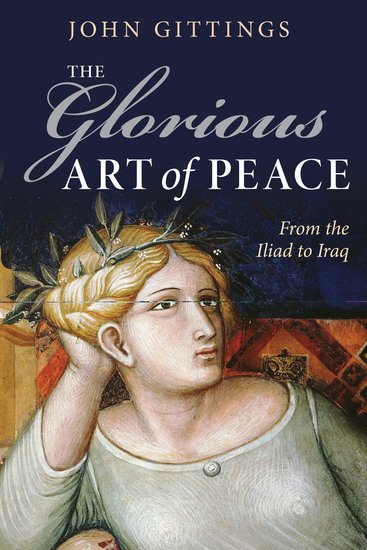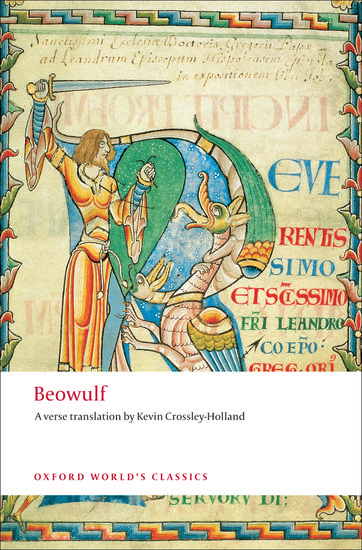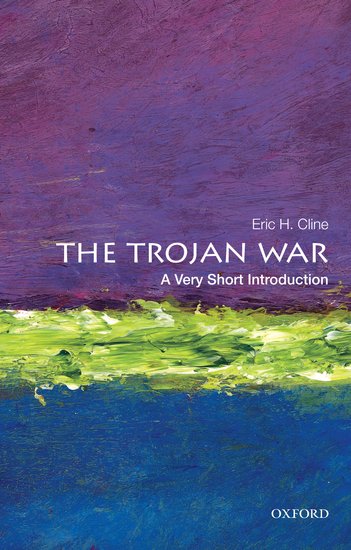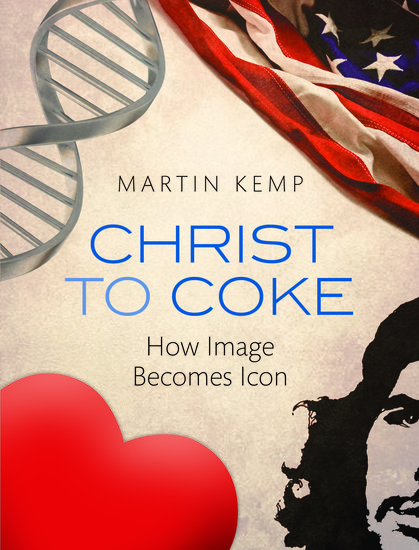Four Very Short Introductions podcast episodes on the Classical world
Did “Ancient Greece” exist? Are all Epicureans decadent dandies? What do we really know about Alexander the Great? Explore the people, places, and philosophies of the Classical world through these four podcast episodes from the expert authors of our Very Short Introductions series.












